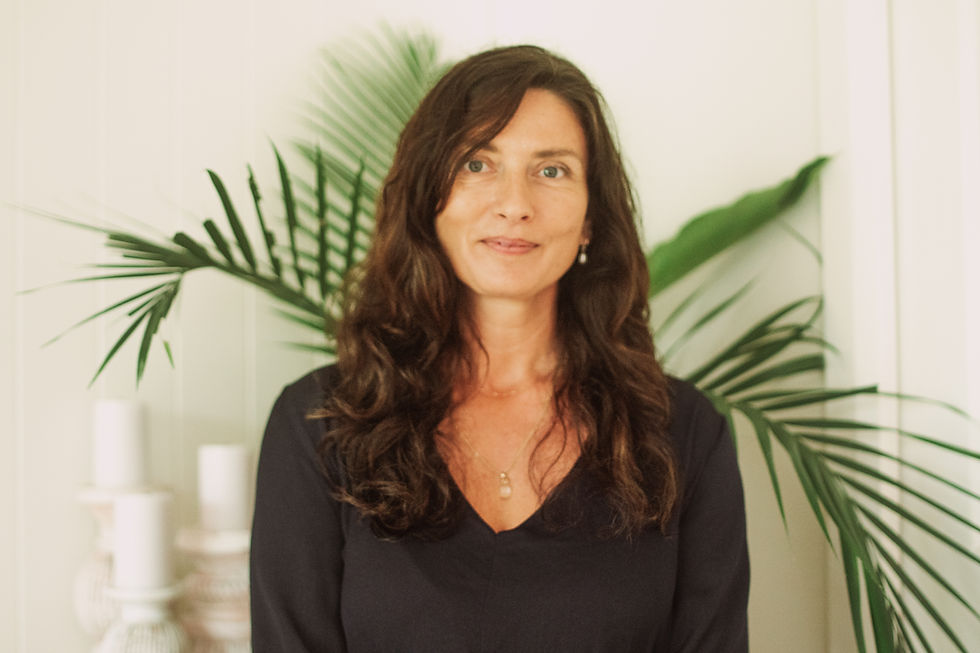Self-care is vital not selfish
- Adria Ellis
- May 18, 2021
- 4 min read

You may have heard the term self-care used a lot in the past few years. And you might already know exactly how to nurture yourself in the very best way.
Yet, for many people, self-care is a phrase they’ve heard of, and that’s where it ends.
Take my client, Elisabeth. We discussed this recently and she said, "Isn't self-care just me-time with a new name?"
Elisabeth, like many mothers, puts most of her energy into loving and caring for her young children, and running the household. She is trying to start her own business but has very little time.
She finds it hard to ‘get away’ from her loved ones to exercise. And often feels selfish taking time out to go to a yoga class or to sit at the beach with a book.
It’s possible that you might relate to this too. Do you find that your family, partner or work feels more important than your needs? Not to worry, you are not alone.
The first step in self-care is deciding that you want it.
So, what does self-care look like and what is the difference between it and me-time?
"Me-time" is a moment in the present where you are making yourself happy or taking a sip of freedom from obligations and stressors.
"Self-care" is about longevity. You could see it as an intentional, holistic commitment to yourself. An agreement to nurture and nourish your whole self, regularly.
In my Self Mastery cards, Self Mastery of Nurturing says: Take a moment to imagine how it could feel to have your needs fulfilled. Is there one need you could fulfil for yourself today?
This is the essence of self-care. Finding out what your needs are.
We can break self-care down into five areas. The idea is that you start to get an understanding of what you need in each.
Physical
This is where you figure out how you can look after your body in a better way, including:
· Going to your doctor if you have a health issue that you haven’t dealt with
· Making that long-overdue appointment with your dentist
· Seeing a natural health practitioner
· Making time for exercise regularly
· Looking at your eating (and drinking) habits and cleaning up where you can
· Getting enough sleep
Emotional
This is where you take stock of how you are emotionally. Your moods and feelings.
Do you generally feel OK or do you have many worries and concerns? If you are stressed what can you do about this? Do you need to talk to a trained professional or can you start a journal or turn to a friend to share your worries?
As you take a magnifying glass to your emotional wellbeing, you might find a friendship or relationship that is no longer serving you or needs to be improved.
Emotional self-care is about finding out what is troubling you and discovering ways to solve these issues.
Intellectual
Self-care for the brain! Our lives often become habitual and we get stuck in a mental rut.
But our brains love to be stretched and so even if we don’t realise it, we’re craving something new.
Examples of intellectual self-care might be:
· Learning a new language
· Reading
· Doing puzzles
· Having a meaningful conversation with a friend
· Listening to an educational podcast
· Playing a musical instrument
What did you love to do as a child? Are you missing an activity that you used to do?
Be creative as you figure out what your brain might be yearning for. And of course, make the time to do it!
Spiritual
Many people in the West have lost the art of spiritual self-care.
Life is so busy that taking time for contemplation, or finding peace, isn’t easy.
In the past, when religion was an important part of daily life, spiritual practices were second nature. And there are still plenty of people in the world who include spiritual rituals in their day.
But if you don’t follow a religion, then how can you practise spiritual self-care?
There are lots of ways. Anything that brings back your connection to yourself (or if you believe in this - a higher power) without distractions:
· Go to a yoga class
· Meditate
· Spend time in nature without your phone and really take notice of your surroundings
· Read a spiritual book
Taking the time to meet your own spiritual needs can have a positive effect on mental health as well.
Social
We are social animals and loneliness is an epidemic. Technology is giving many people a false sense of connection and what we really need is a good old-fashioned real-life catch up.
Take a moment to notice if you are getting enough time with your friends, family or other people you care about. Perhaps you are in a relationship, but you aren’t finding the time to truly connect with your partner.
Social self-care is about feeling loved and loving, and finding ways to do both.
If you take the time to address each of these areas of life, it can make such a difference to your health and well-being.
And I like to think that rather than being selfish, it’s about selfing.
Self-care is a vital part of life, to enable us to be strong and calm and resilient for our children, family members, friends, partners and workmates.
If you feel overwhelmed and would like support in creating a self-care plan, please don’t hesitate to reach out.
email@adriaellis.com
www.adriaellis.com








Comments